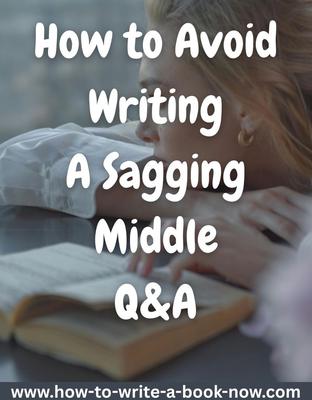Writing Disaster Stories
by Rebecca
(Sri Lanka)
Hi. Any tips on writing disaster stories? I am writing a novel about a disaster. There's chaos worldwide and people have nowhere to go. It's all about natural disaster, but I can't bring in the emotions of loss and sadness into the story, I want my protagonist to feel these emotions when she sees people dying, people lose their loved ones and having her homeland destroyed.
Also, I need help with getting all the suspense and tension together to give a thriller effect, for example: how a tsunami gives it's warnings and suddenly a huge wave strikes and destroys everything.
Help please?
Response: One secret to disaster stories is that they aren't actually about the disaster. They're about the relationships between the characters. The disaster is just a vehicle that puts pressure on those relationships so we can see how the characters react under pressure.
For instance, does the disaster bring out the best or the worst in the characters? Do some relationships grow closer or break apart?
So one way to bring out your main character's emotions is to give her a web of personal relationships that are already somewhat dysfunctional and challenging and will be put under further strain by the disaster. For example, it's one thing to react to the horror of seeing a lot of people killed. It's another to see the body of the little boy who sold you your daily newspaper and who you felt like a big sister towards.
In other words, make the costs personal.
Generally, the first part of a disaster story involves establishing the web of relationships around the main character while the forewarnings -- the little signs that the tsunami is coming -- happen in the background. Let the threat build a little slowly at first while you draw the reader into the story with the characters and relationships. Work on making these interesting, so the reader cares about the main character and wants to see the characters they like survive.
Of course, not all of the good characters will survive, though you may want to validate the reader's sense of justice by having the worst character die.
Act two is the place where the tsunami hits and starts to disrupt the world around your main character so that everything gets complicated. Now the characters have a new focus -- surviving.
Act three will build to a crisis where it looks like the main character's efforts will fail and they will not survive, or the people they are trying to save won't survive.
Act four will show how, miraculously, the main character survives and how he or she is left in the end. Will she leave? Will she stay and rebuild? Is she closer to someone or left alone?
Best of luck.
- Home
- Genres
- Genre Questions
- Writing Disaster Stories















